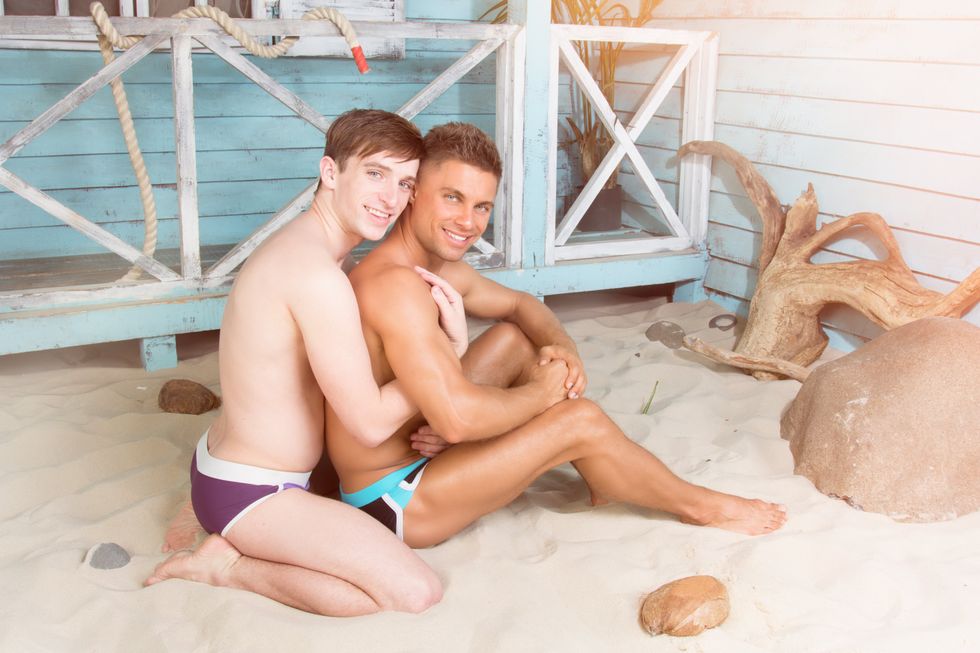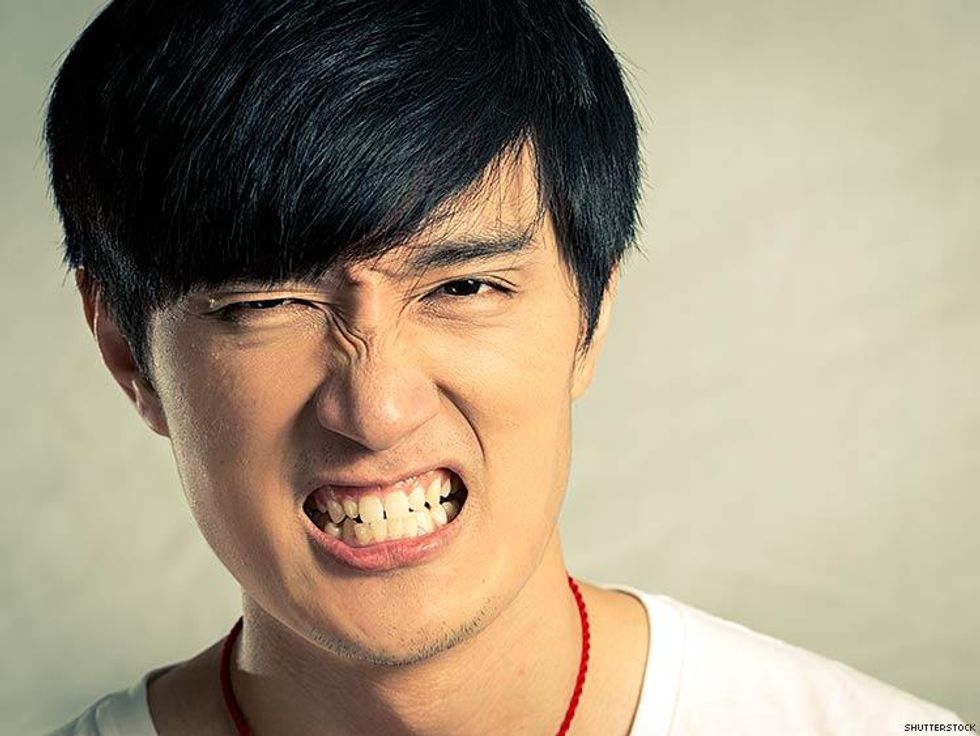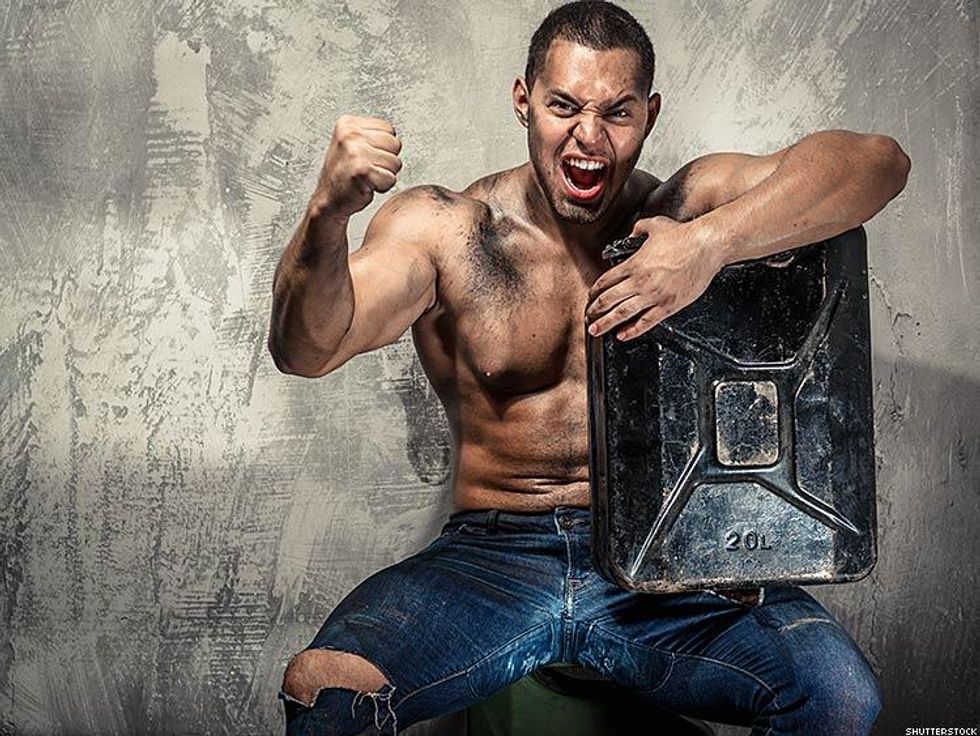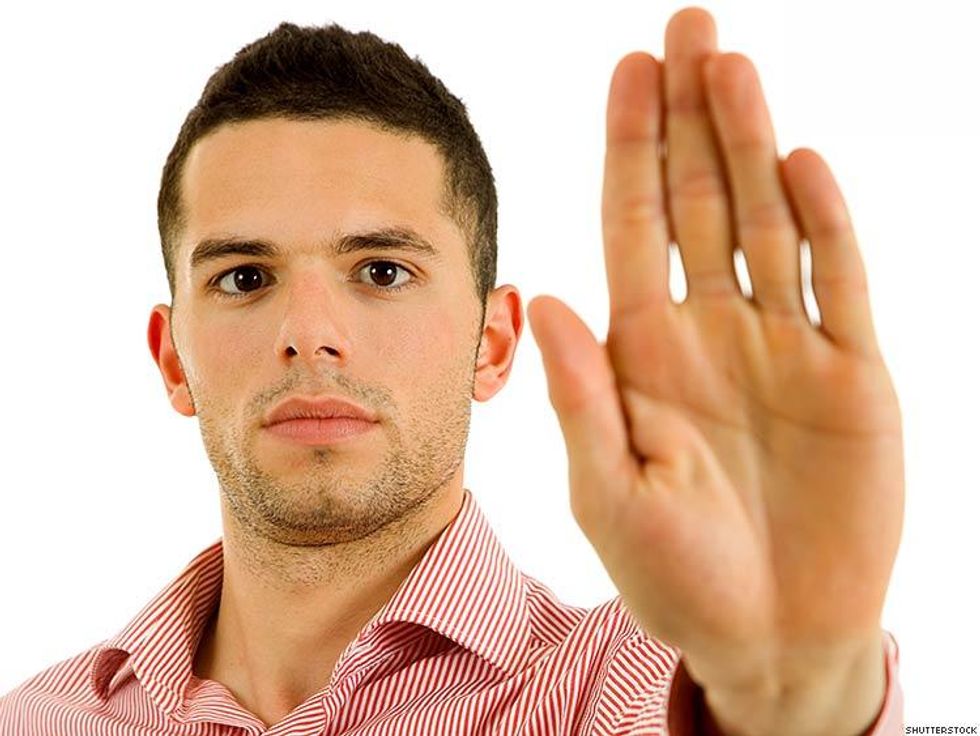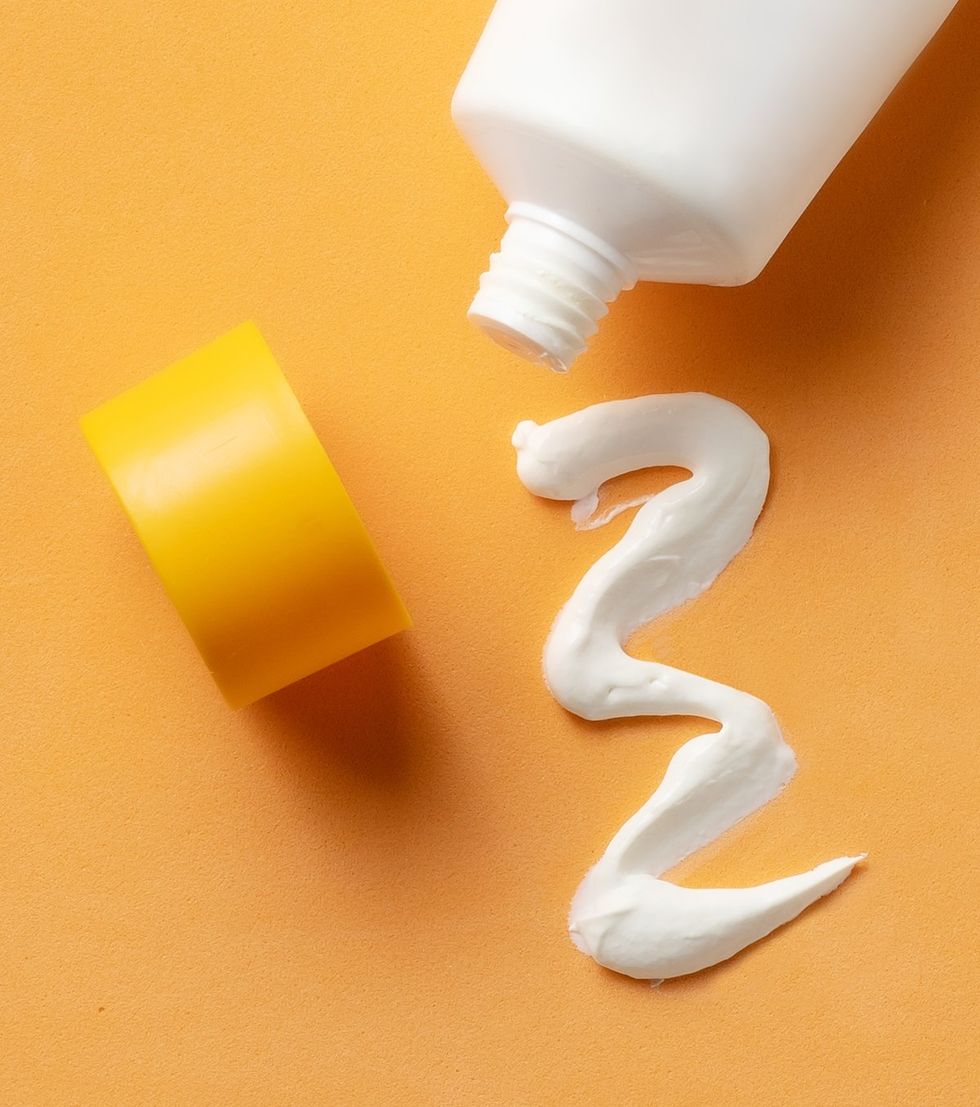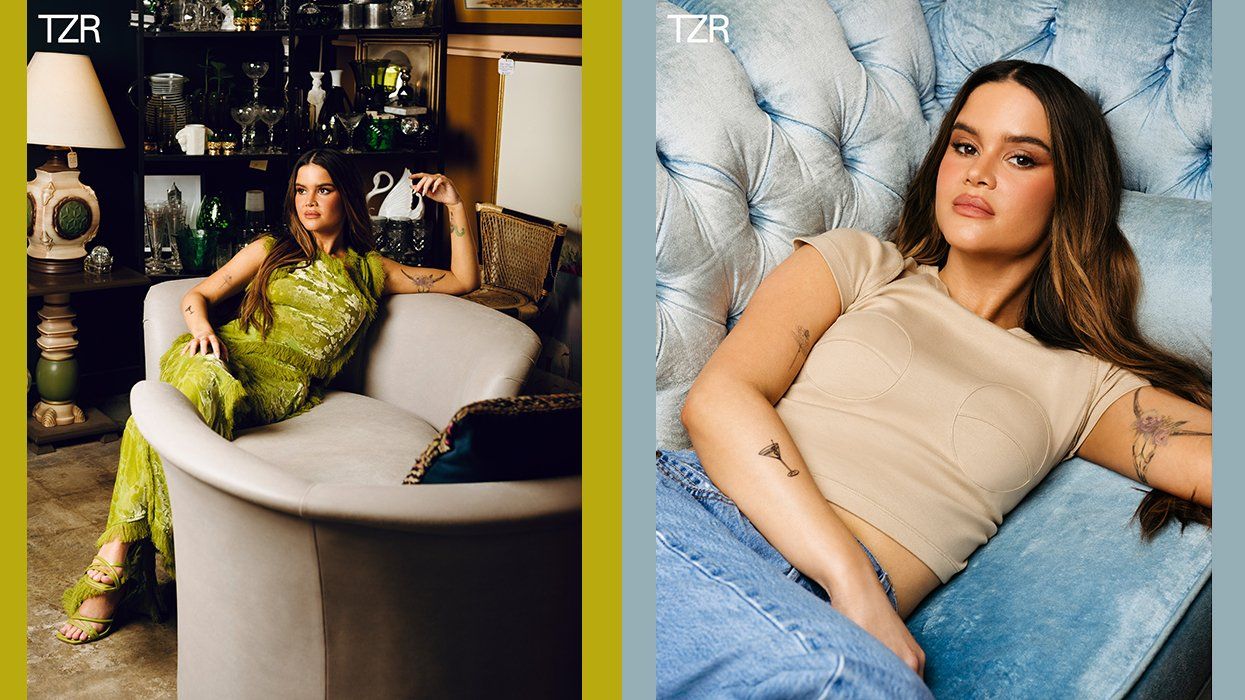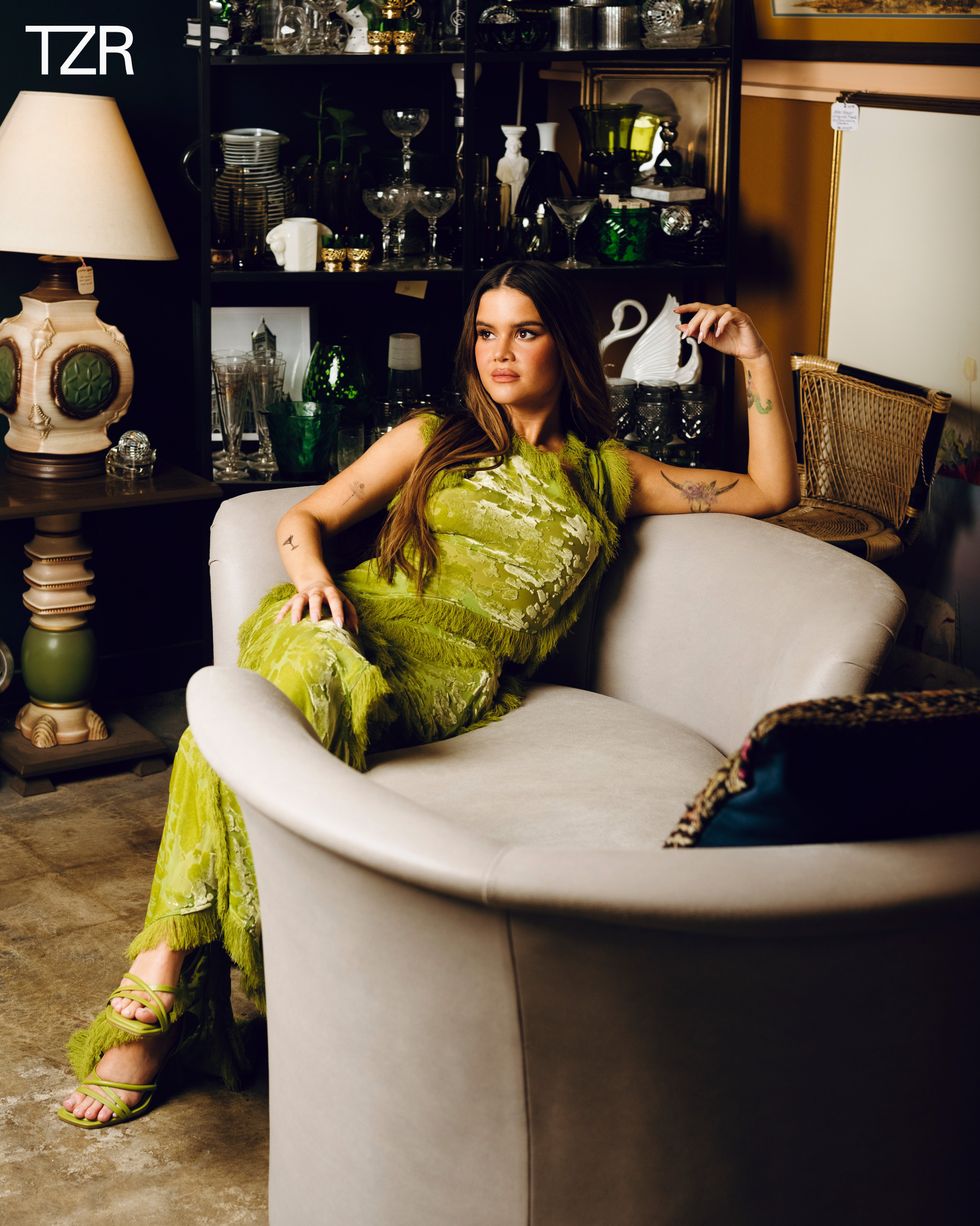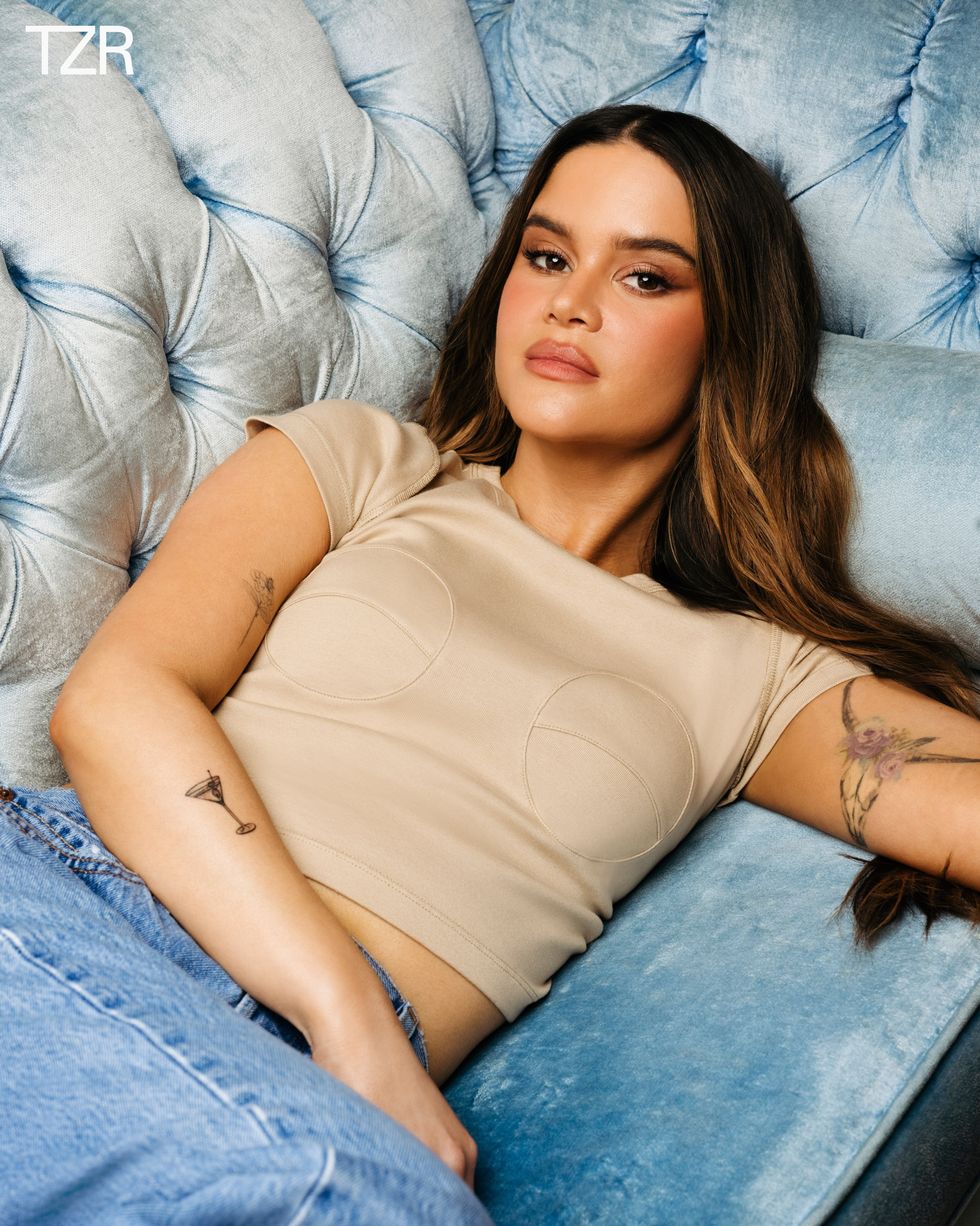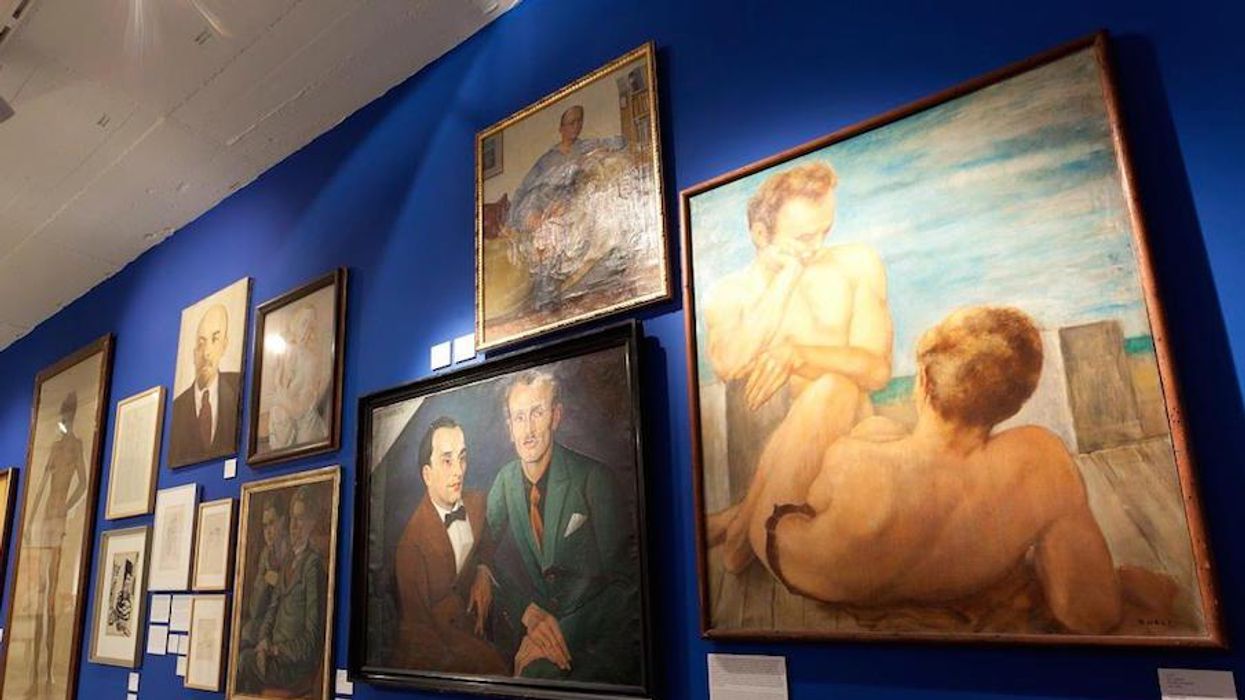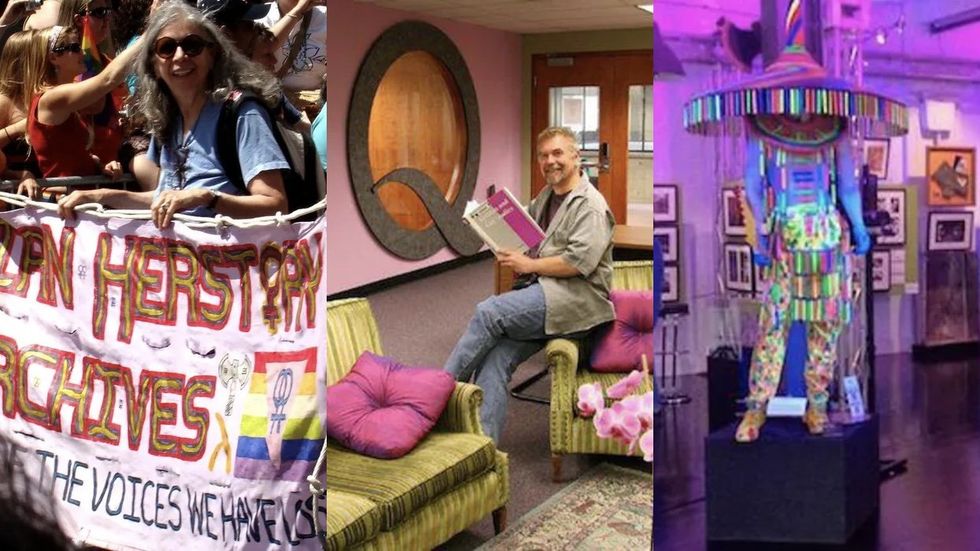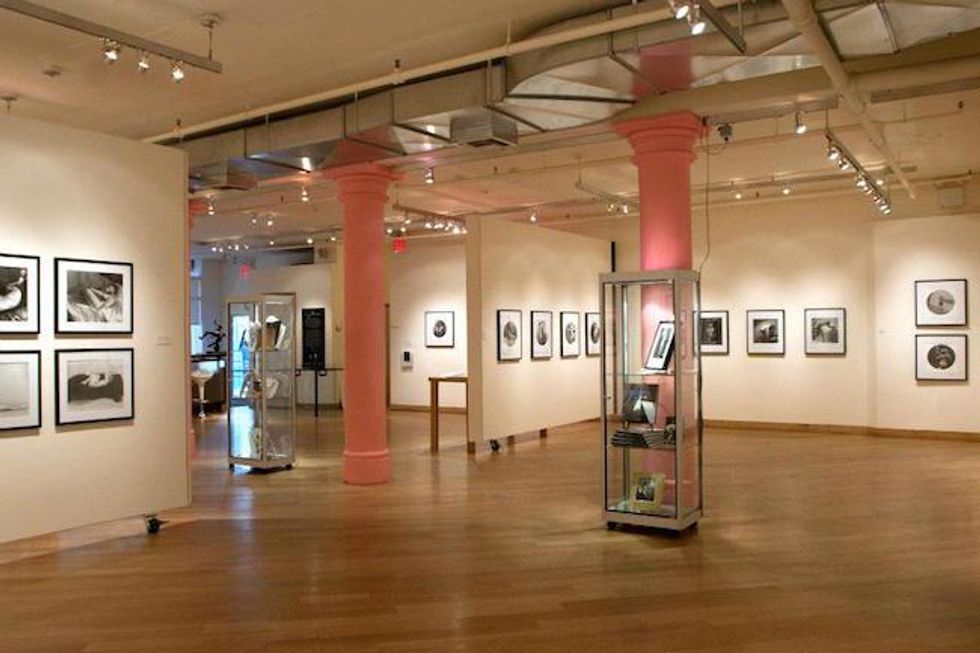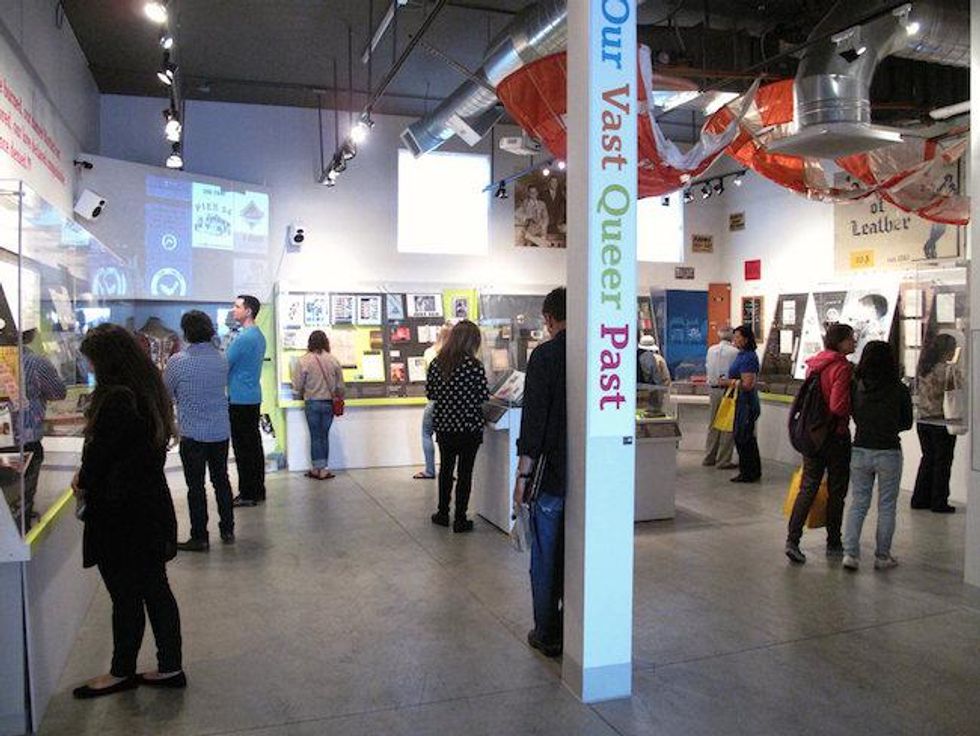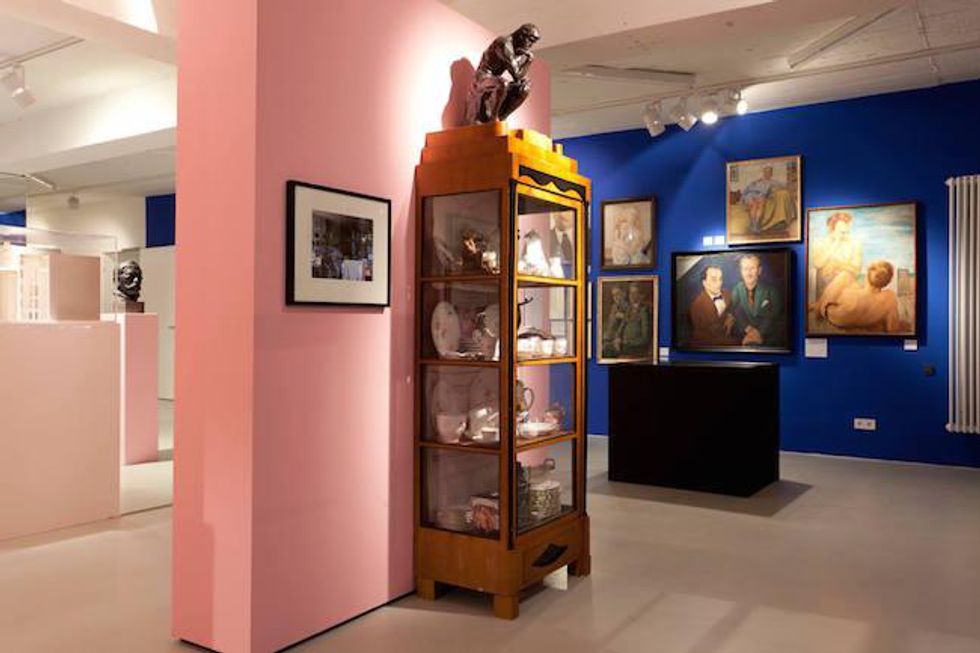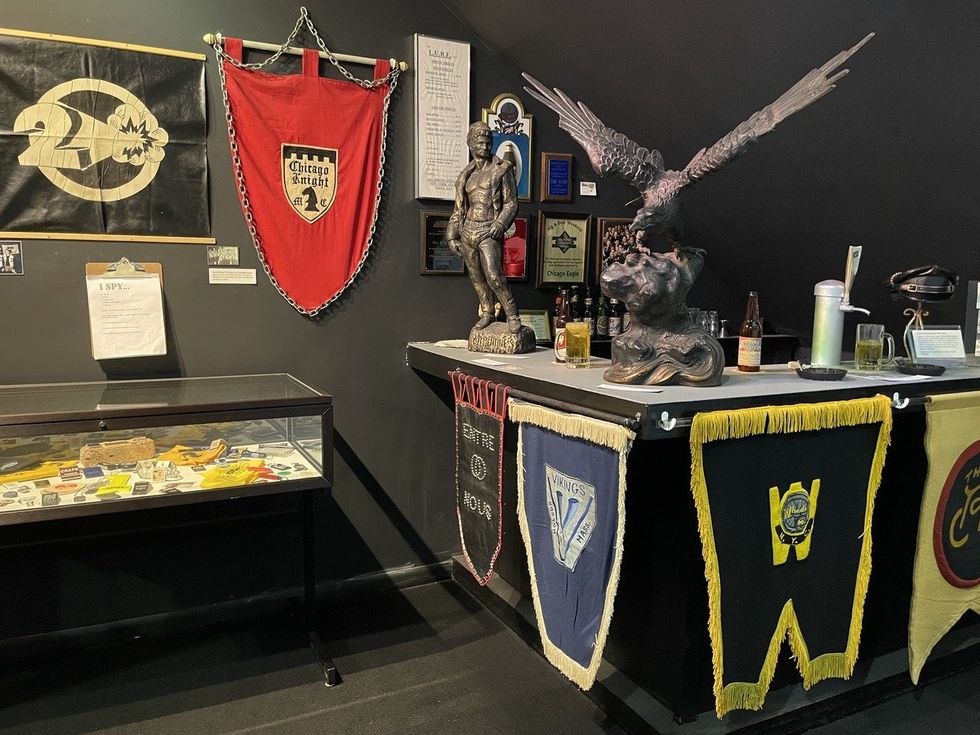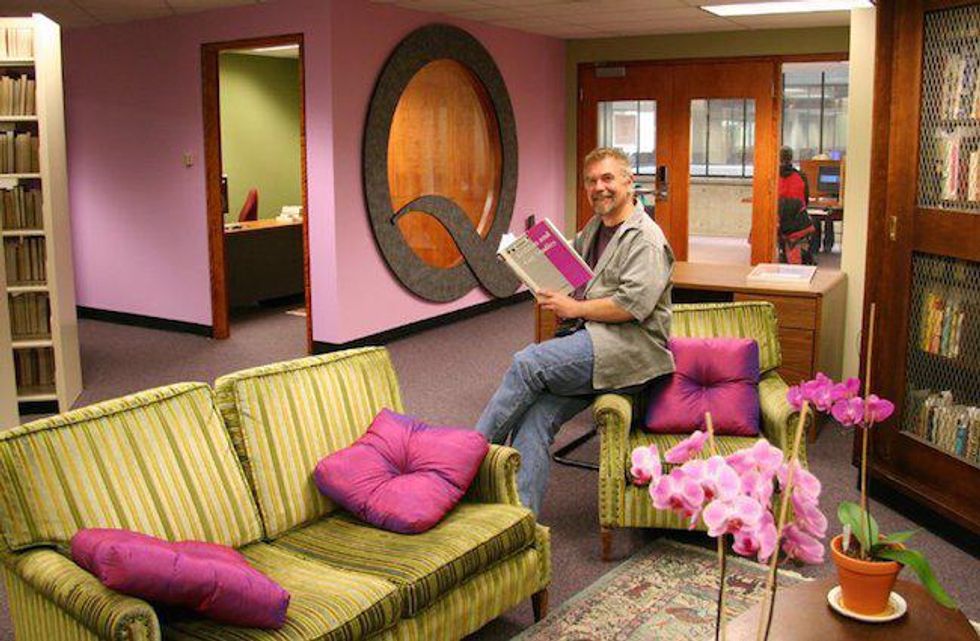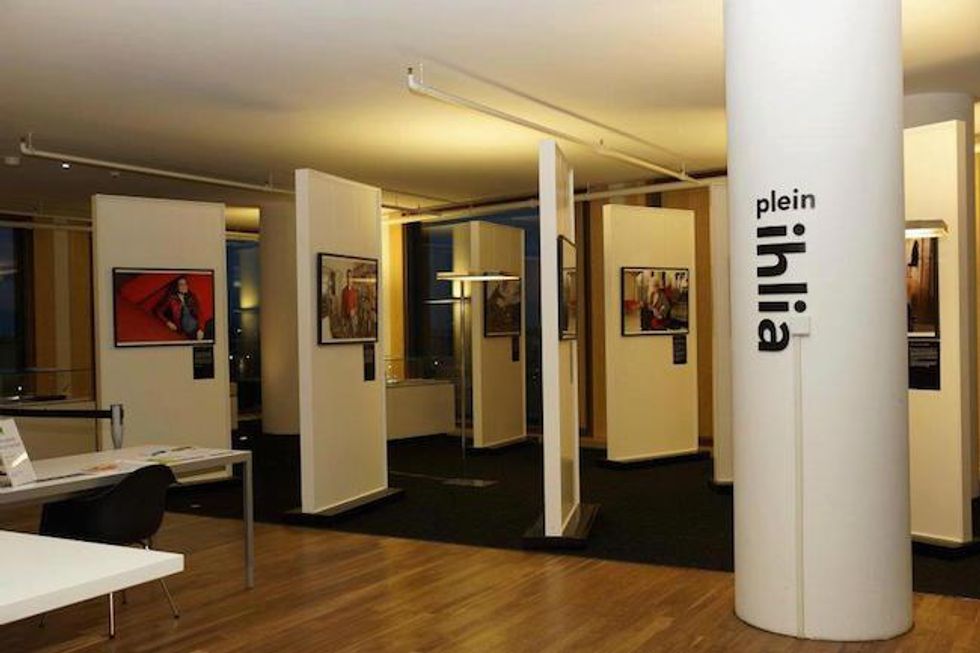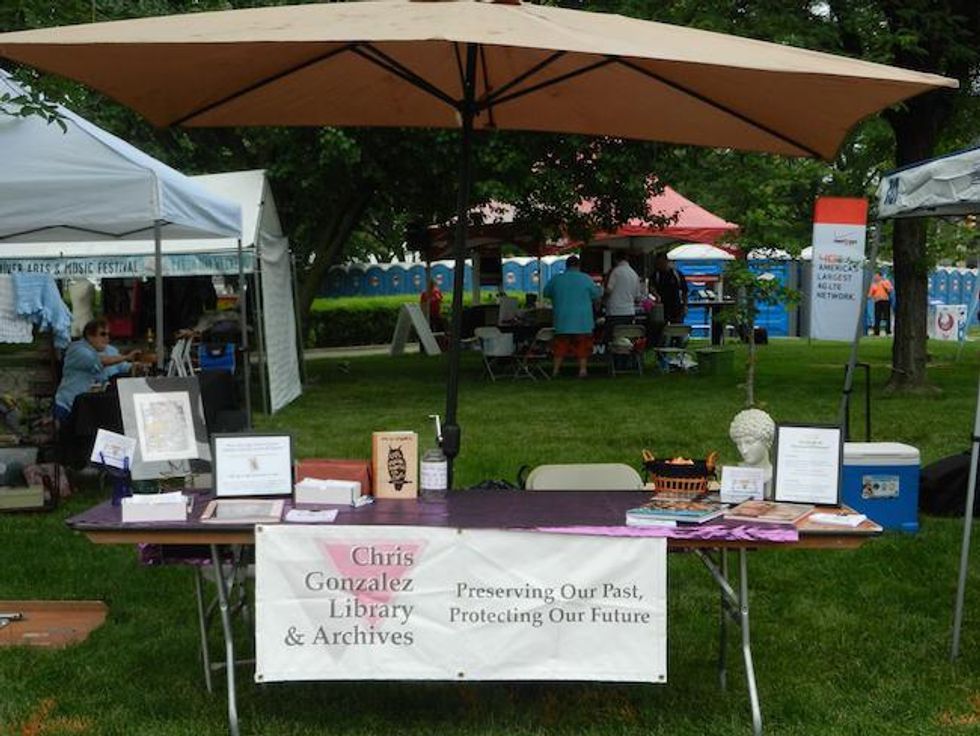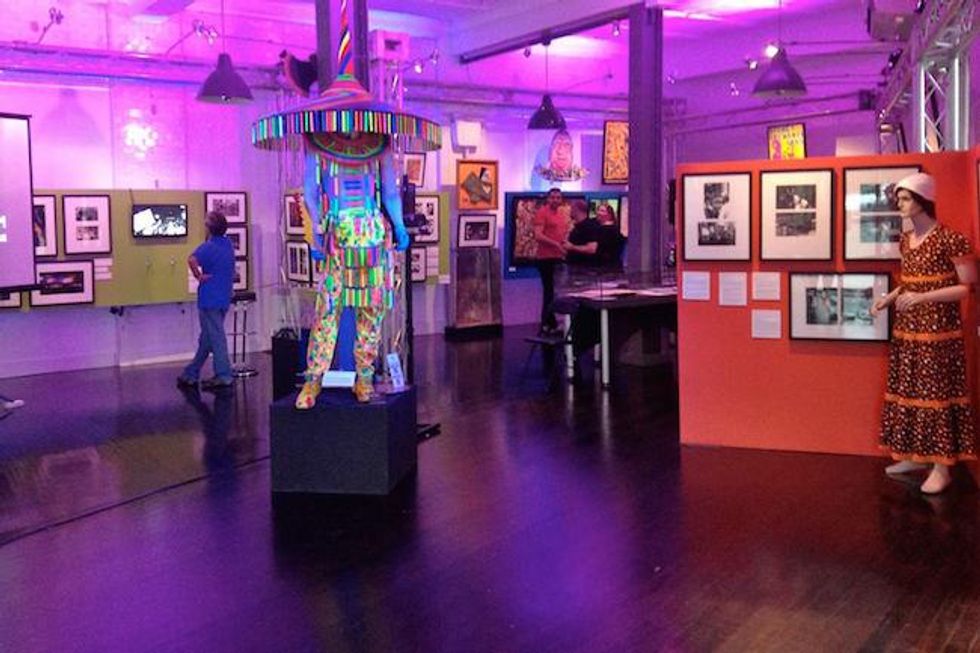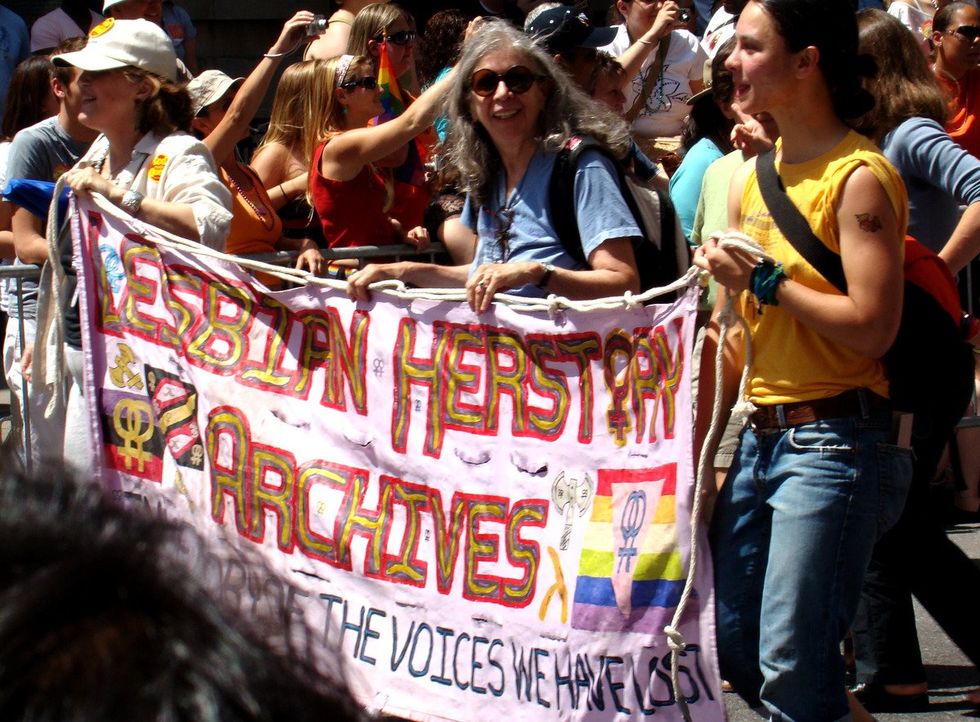Photo: Shutterstock
Identifying as bisexual is not the easiest thing in the world.
It's often a path filled with doubt, questioning, and fear. Looking back on my own experiences and talking to fellow bisexuals about theirs, I have come to the conclusion that the fears bisexuals face can be divided into two categories: internal and external.
Internal fears are the ones that exist in our own heads. They've been put there because of societal standards and expectations, bisexual stereotypes, or stigma. External ones are born from the same things, but these are the ones that you have about others. They're the worries you have about how others will see you and react to you based on your identity.
Neither kind of fear is better or worse than the other, just different. They are both insidious. They are both harmful. Sadly, they are both normal.
Being bisexual comes with a certain amount of fear, inherently. My hope is that by examining them and figuring out how to overcome them, we can beat them. Fear can be good. It's a motivator. It's a survival instinct.
But fear about part of your own identity, especially a part as integral as your sexuality, is not good. It's not motivating. It holds you back—it keeps you from living your truth and being the best possible version of yourself.
So let's face them, then. Let's look at these fears and figure out ways we can stop them in their tracks. Because being bisexual is no more or less valid than any other identity, and none of us should have anything to fear.
Internal fears
These are the ones we hold on to in our minds; the ones that creep in during times of doubt.
"Am I bi enough?" "Is this real?" "How can I be sure that I'm bisexual?" "How do I know that I fit the definition of bisexuality?" "Is there even a definitive definition?" "What if I find that I have a slight preference for one gender over another?" "Am I the only one like this?"
The solution to these fears lies in finding acceptance with who you are and finding confidence in your chosen label.
Yes, you are bisexual enough. There is no list of requirements, no criteria for which you have to check off every box. There are quite a few popular definitions of bisexuality, but the best (and most flexible) one I've seen comes from bisexual activist Robyn Ochs:
"I call myself bisexual because I acknowledge that I have in myself the potential to be attracted—romantically and/or sexually—to people of more than one sex and/or gender, not necessarily at the same time, not necessarily in the same way, and not necessarily to the same degree."
There is no test in which you have to prove your bisexuality to anyone else. There is no form you need to sign saying that you are 50% attracted to people of your own gender and 50% attracted to people of other genders.
There is one real requirement, I feel, for being a bisexual: saying that you're bisexual. Nobody can identify you except for you. If you see in yourself the potential to feel attraction to more than one gender/sex, and decide to use "bisexual" as the label to describe that, congrats! You're bisexual.
And you're not the only one. There are so many of us. We're everywhere, I assure you.
The fears that live within our own minds can be overcome so simply if we just realize that the only tangible person we must answer to is ourselves. Only we know what's going on in our own minds. We must know that our identities are ours to own and ours to define. It is my hope that internal fears will become a thing of the past.
External fears
Being bi comes with a lot of stigma. People have certain ideas and expectations of what it means to be bisexual, and it's only natural to worry that these ideas (whether you live up to them or not) may affect how they see you.
"What will potential partners think of my bisexuality?" "Will I be accepted in queer spaces like gay bars or Pride festivals?" "Will people expect me to adhere to the stereotypes they've heard?" "Will people think I've picked a side when I get into a relationship?" "Will people think I'm attracted to most everybody I meet or that I'm incapable of having platonic relationships?"
All of these fears are valid, because all of them stem from somewhere real—a real experience one, many, or all bisexuals have had.
A terrifyingly large portion of the gay/lesbian communities say they won't date bisexuals. People will joke that a bisexual woman has gone "full lesbian" when she gets into a relationship with a woman. Family members very well might think every friend you have that is the same gender as you is someone you're in a secret relationship with.
External fears are hard. You're dealing with other people, and you can't control other people. It's not as simple as recognizing internal fears within yourself and working on them. With external fears, you're working with other people. Other people are unpredictable, and minds are hard to change.
So how do we overcome them?
We acknowledge them. Head on. We know people are going to say shitty things. We know there is a huge amount of biphobia in the world. We know there are more misconceptions about bisexuality than we can count.
We also know that there are people who won't be like that. There are people who are going to take your declaration of bisexuality for exactly what it is—a tidbit about yourself. Just a small piece of information to help them get to know you better and see how you fit into their world.
People are going to be great about it. People are going to ask questions because they genuinely want to learn more. You're going to tell people you're bi and have them give you a blank face, look you in the eyes, and say "Okay. Cool. What are we doing for dinner?" People are going to accept you.
It's not all sunshine and sandy beaches—nothing is. But it's not all bad. Not even close.
The key is to know that sometimes people will be ignorant, and they'll say ignorant things. Ignorant things that you'll have perfect (and preferably witty) responses to.
The key is to know that sometimes people will try to put you in a box. A box that you won't let them put you in.
You're bisexual. You're awesome. And you should have nothing to fear.







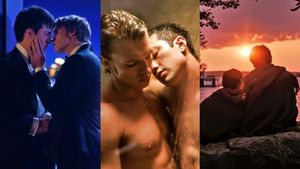

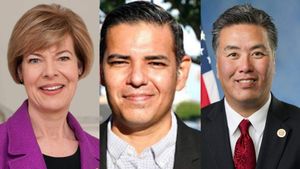

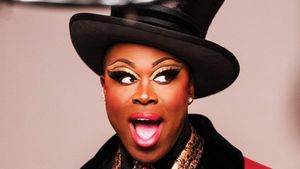









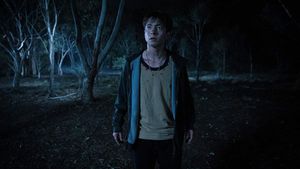
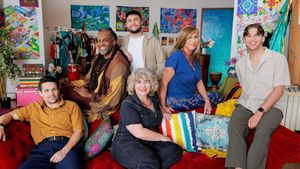
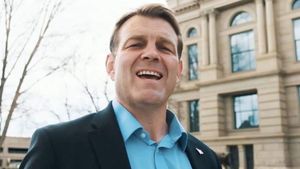






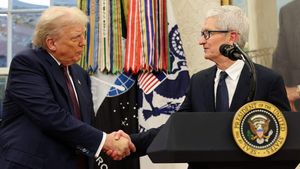













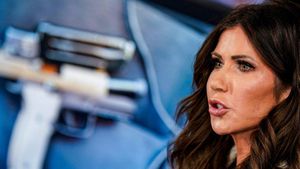
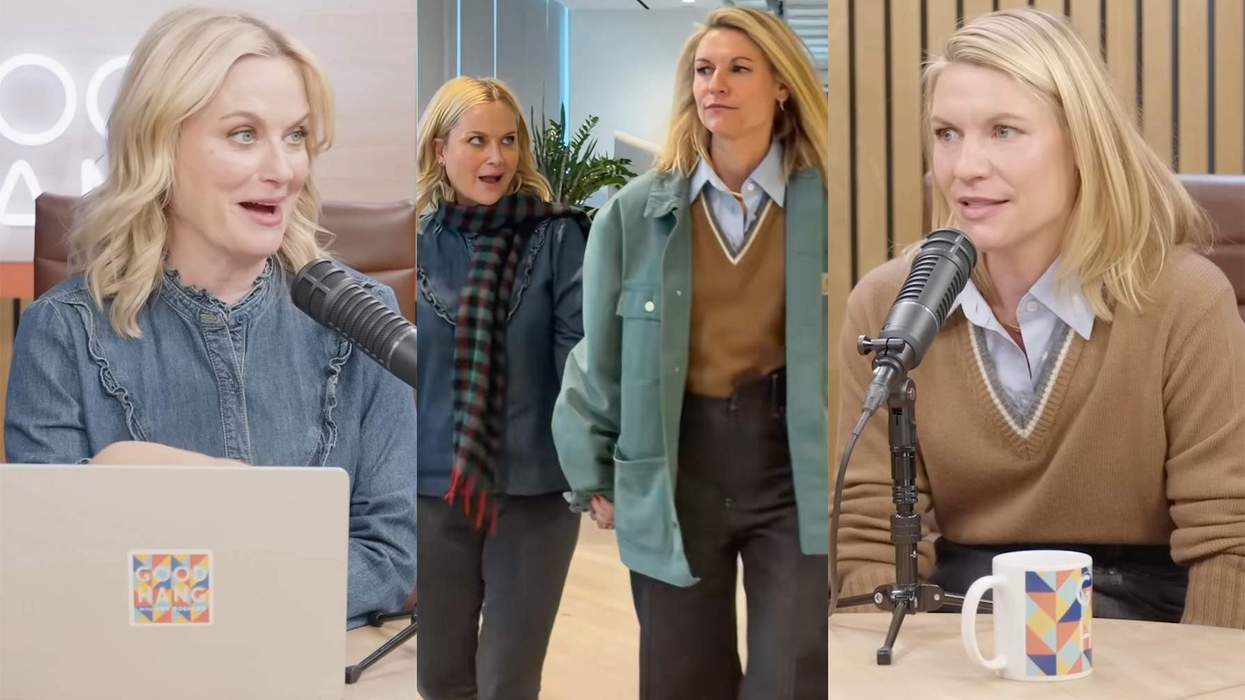
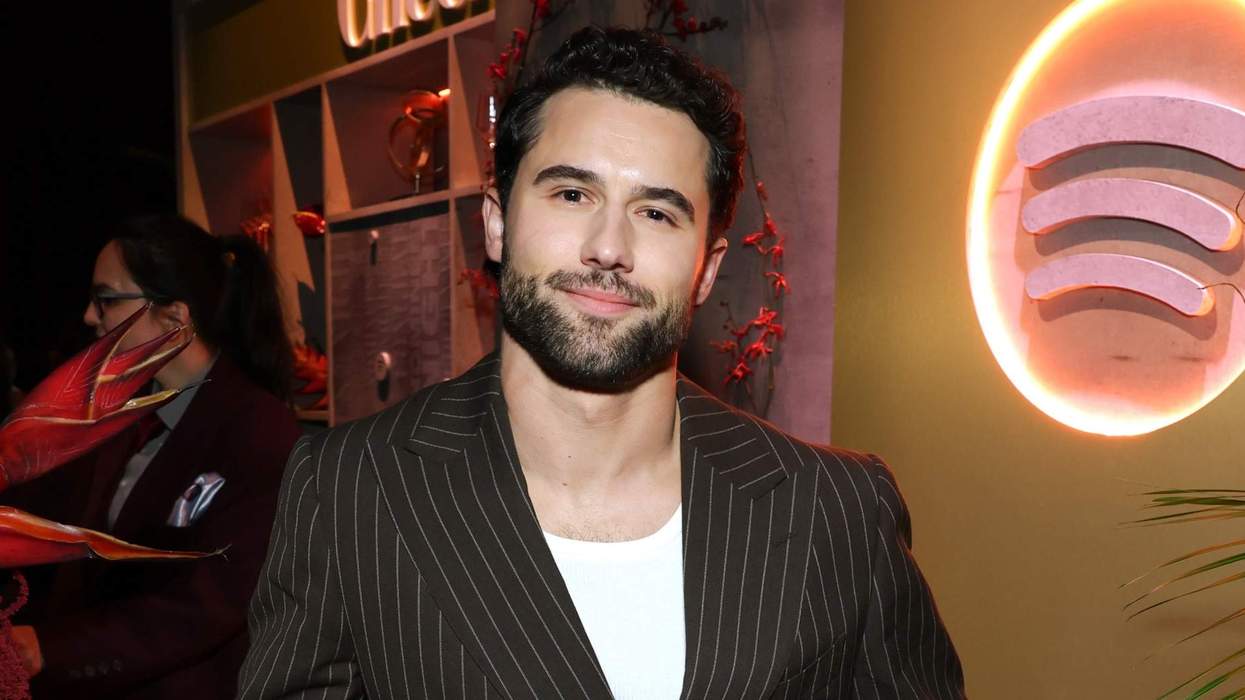
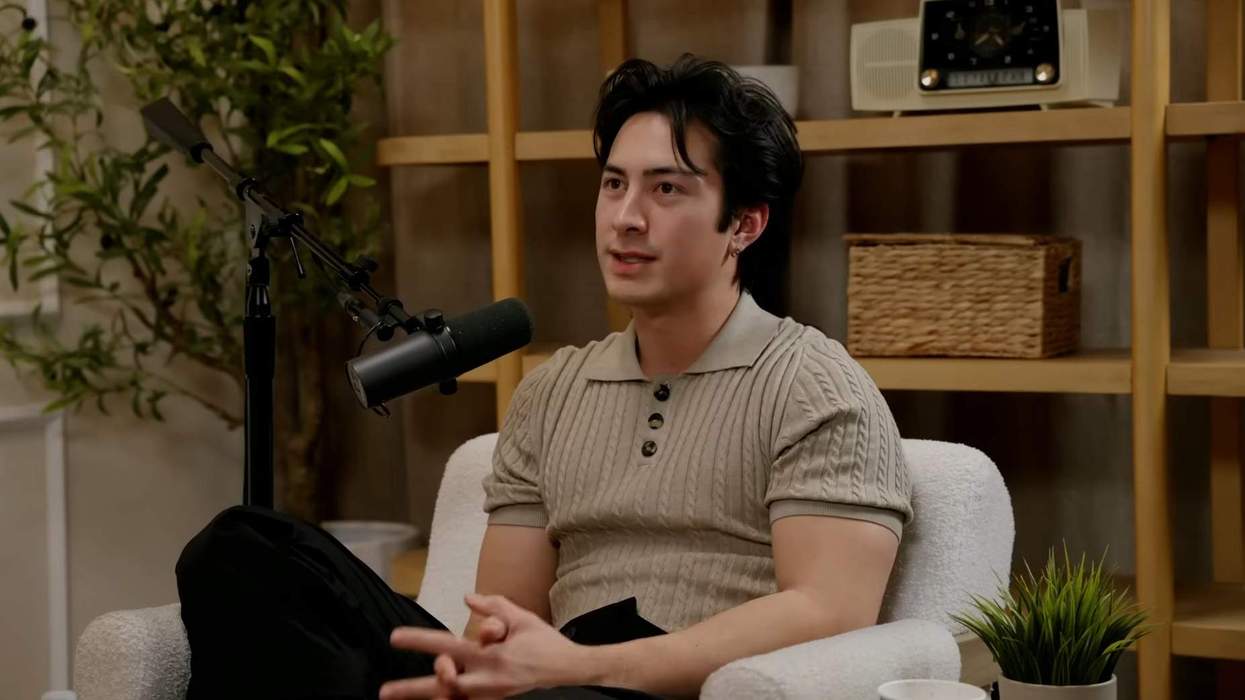
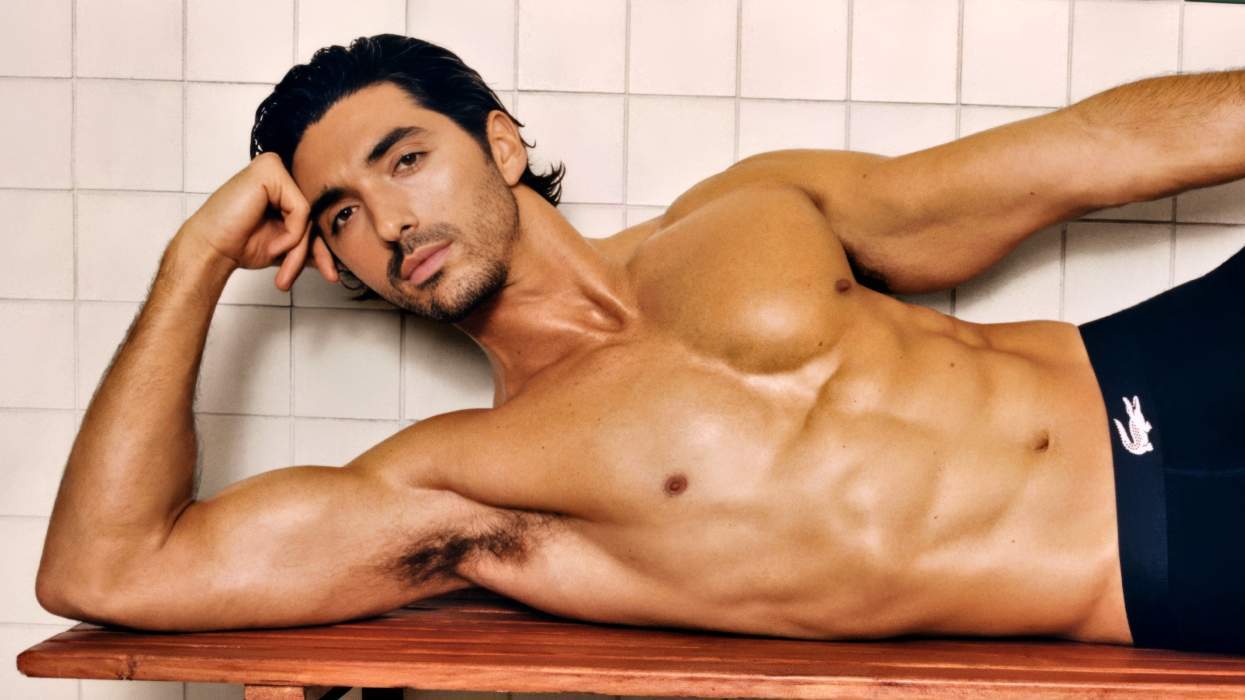






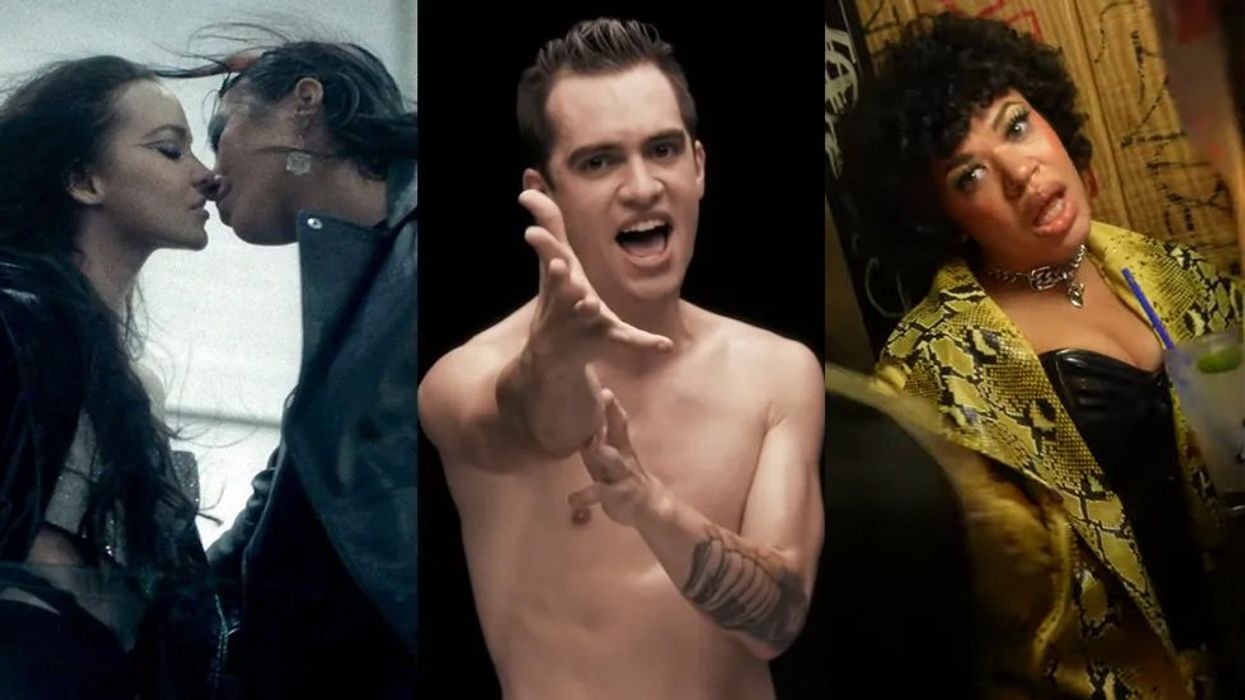
 35 bisexual pop anthems we have on constant repeatYouTube.com/Binoy
35 bisexual pop anthems we have on constant repeatYouTube.com/Binoy
